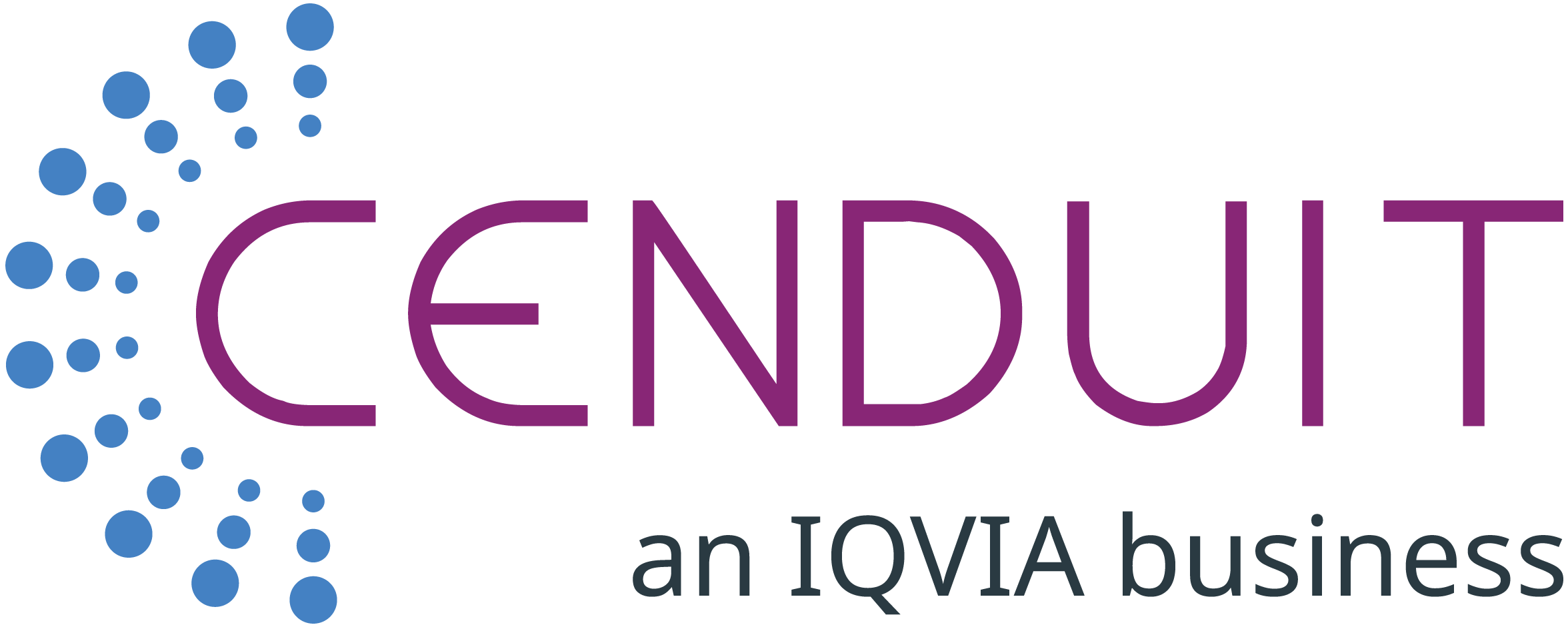Industrializing Operational Excellence through Quality, Innovation and Expertise
Operational excellence (OpEx) is often described as a journey that organizations take to consistently improve the value of their offerings to customers, stakeholders/shareholders and employees.
At Cenduit, the ongoing journey is hyper-focused on customer problem solving. Our specialized global/localized project management teams partner daily with sponsors and other eClinical stakeholders to work through some of the most crucial, data-driven challenges facing studies: highly variable demand cycles, further de-risking the business, and increasingly inexperienced interactive response technology (IRT) stakeholders.
Read the Whitepaper: Top Five Reasons You Need IRT Expertise, Not Just Software
Our focus over the past several years has been on applying interventions driven by data, expert insights and in-depth analysis. Continuous improvement, problem solving and managed innovation are the DNA of our teams, championed within every aspect of our organization.
Why OpEx Matters Today More Than Ever in Clinical Trials
Clinical research, unlike other industries, has multiple dependencies and stakeholders, particularly across the regulatory spectrum. The extent of operational industrialization, especially with external stakeholders, has been limited to-date. However, opportunities to partner with the industry to drive further improvements for patients and sponsors is becoming more prevalent.
With rapidly complex trial designs, regulatory scrutiny, and emerging drug development models, the need to continuously innovate remains a challenge. On the horizon, numerous innovations including Artificial intelligence (AI), machine learning, analytics, and robotic process automation – are also expected to disrupt various service delivery models through 2019 and beyond.
We must remember that alongside the convergence of these trends in today’s environment, OpEx is the lever for driving higher productivity/efficiency and quality – resulting in better outcomes in clinical studies.
How Industrializing OpEx Drives Quality Patient Outcomes
At its core, Industrialization, rooted in the philosophy of the industrial revolution, focuses on the division of labor, economies of scale, and mechanization/automation to drive outcomes. Outcomes historically include reduced risk, better quality and efficiency, standardization, and improved turnaround times. In the services industry, industrialization simply means applying various interventions (process, technology, tools, practices) to ensure that we improve the predictability of service outcomes.
To better understand industrialization, let’s frame a process or service as a set of activities or logical “blocks” of work, executed in a certain sequence:
The blocks can be measured (turnaround time, productivity, quality)
Each of the blocks can aligned by the skill needed to deliver that block of work. Hence, the block of work is delivered by a role with the appropriate level of expertise. The roles are located at regions that offering the best value (customer proximity, availability of talent, productivity, quality)
Blocks of work can then be subject to various OpEx interventions to further improve the process and end outcome.
While industrialization often leads to better outcomes - quality, productivity, faster turnaround time and lesser risk - we have also observed that it invariably leads to better client satisfaction. Often client facing roles (typically Project Managers) are responsible for a significant number of activities that do not necessarily need to be performed by them. By identifying these blocks and executing this by a different role enables the PM to ultimately focus on what matters in the study; improve quality of service and better communication.
Last but not least, industrialization also serves as a risk mitigation lever, which is a critical aspect while working with sites and patients. Industrialization places greater emphasis on continuous improvement – thus raising the bar of quality service to sites and sponsors.
The Top 3 Risks in Today’s Environment
The shift in trends that we observe today emphasize the need for improved industrialization in the clinical trials industry, surrounding three key risks:
Increasing protocol complexity – Protocols designs are getting much more complex and higher numbers of amendments.
The emerging biopharma model –Significant growth in clinical research is within developing economies and emerging biopharma. The experience and standardization in these countries and organizations is quite low, with a need for teams that can help them to better manage unknown risks.
Cost optimization and productivity improvement – Reducing healthcare costs and providing affordable healthcare continues to be a much discussed topic.
Best Practices to Prepare for 2019 and Beyond: Three Key Takeaways:
1) Industrialization of Enablement Functions – Significant industrialization opportunities exist on enablement functions that support operations –training, recruitment, quality. This may not have a direct impact on process, but has a material impact on outcome. For example, we have had great success in industrializing our training function through leveraging technology, and mapping of roles to improve the quality of training.
2) Change Management – Industrialization is a journey and commitment to transform the eClinical industry. Every company is different, so the pace of adoption needs to be calibrated. Ideally, employees will go through a learning process as an organization re-aligns to support and tailor to the needs of its clients. A commitment from top management and following a change management process are critical to embed the principles of OpEx. We’ve seen the success first hand over the past several years, with the formation of our OpEx structure and CORE teams. Read more here.
3) Industrialization is Not an End in Itself – Industrialization and automation must go hand-in-hand. Seek opportunities to automate standardized administrative processes and upskill your staff for higher value activities. Use technologies to automate various support processes including resource management, workflow and project management.
Finally, while industrialization provides a means for continuous improvement, organizations should not miss out on opportunities to invest in managed innovation intervention, which will drive more creative, disruptive thinking. As we go through the next bend in the curve of the OpEx journey, I look forward to what’s ahead for our industry as we work together to synchronously improve the safety, standards, and quality of life for patients in clinical studies.
Posted by: Jinu Jose, Vice President, Operations






